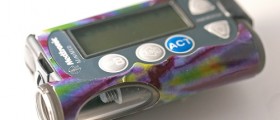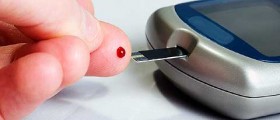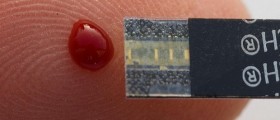
Anyway, in the case of type 1 diabetes, the problem occurs because the insulin is supposed to be the one that will soak up all the glucose sugar from the blood and when this does not happen, the glucose ends up building up in the blood, and eventually resulting in high levels of the sugar in the blood which lead todiabetes.
What can cause type 1 diabetes?
The fact of the matter is that the exact cause of type 1 diabetes has actually not been discovered yet. But even though that’s not the case, it doesn’t mean that nothing is known about what triggers the issue. Type 1 diabetes has mostly been linked with genetics, although some clues indicate that the cause may be of environmental nature as well. Finally, some kind of an autoimmune occurrence is also likely to lead to type 1 diabetes, by attacking the cells that are supposed to produce insulin.
Therefore, people who are prone to the diabetes disease are those who have a history of diabetes in the family, some genetic predispositions, several of virus types or the lack of vitamin D.
How does type 1 diabetes manifest itself?
Type 1 diabetes is a condition which is not reserved for a particular age group, but it has proven to attack mostly young people and teenagers.
The symptoms of type 1 diabetes are weariness and exhaustion, feelings of hunger and thirst that can’t seem to be satisfied enough, a frequent need for urination, weight loss and problems with vision.
How is type 1 diabetes treated?
Themajority of cases of type 1 diabetes are treated with insulin therapy. What this therapy entails is receiving insulin injections, or the so-called insulin pump infusion. Taking insulin in the form of tablets is out of the question because some activities in the stomach can completely defeat the purpose. However, there are other kinds of medications that can be consumed orally nowadays, and are able to take care of the insulin issue just as efficiently.

















Your thoughts on this
Loading...